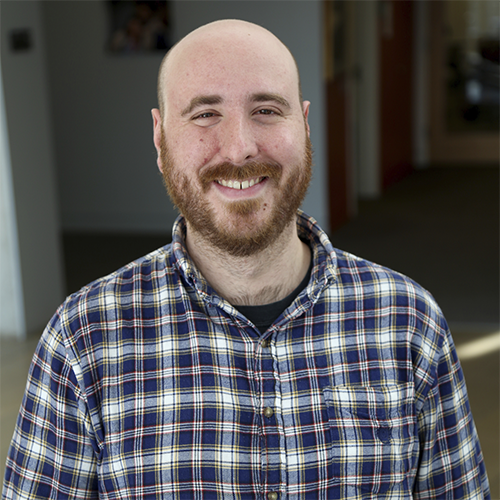 I would not describe myself, traditionally, as someone who has sought out coursework about finance or accounting. As I’ve referenced in prior blog posts, my undergraduate career as an English major did not prepare me directly for certain types of courses I’ve taken at Heller, and in fact, was guided in part by an effort to avoid quantitative coursework. Since beginning grad school, I’ve rediscovered the potential for mathematical thinking and data analysis to actually be fun, and I’ve really enjoyed courses involving data visualization, like Evaluation for Managers and Intro to GIS.
I would not describe myself, traditionally, as someone who has sought out coursework about finance or accounting. As I’ve referenced in prior blog posts, my undergraduate career as an English major did not prepare me directly for certain types of courses I’ve taken at Heller, and in fact, was guided in part by an effort to avoid quantitative coursework. Since beginning grad school, I’ve rediscovered the potential for mathematical thinking and data analysis to actually be fun, and I’ve really enjoyed courses involving data visualization, like Evaluation for Managers and Intro to GIS.
This semester entails a new kind of challenge, as I am enrolled in not one or two but three courses involving finance and economics – Managerial Accounting, Financial Management, and Public Finance and Budgeting. This schedule, which I would have undertaken as an undergraduate only in an anxiety dream, is one that I have actually been excited about since enrolling in the Social Impact MBA. Working in non-profit settings after college demonstrated to me the importance of financial decision-making and budgeting and the degree to which these considerations are almost more central for managers and analysts in non-profit, mission-driven organizations than in traditional corporate settings. Following politics and policy debates has motivated me to learn more about economics and the role of government economic intervention – for example, I’d like to better understand the details and competing priorities contained within President Biden’s stimulus proposal. I also wouldn’t mind having a better than half-baked take on Gamestop!
One of the best things about Heller has been the variety of coursework and many skills which they engage. In the MPP and MBA programs, and I imagine in all Heller master’s degrees, writing- and research-intensive classes are balanced with courses in statistics, economics, and finance. Many classes integrate a combination of these skills, since analyzing data AND being able to communicate your analysis effectively is necessary for many management, research, and analyst roles. I’ve found it helpful, as a graduate student in a professional degree program, to redefine my understanding of a liberal arts approach to education – while as an undergraduate I took advantage of academic flexibility to focus largely on humanities courses, in graduate school I’m enjoying the holistic approach taken in my core coursework. While I won’t be offering any stock tips in the near future, I’m excited about this semester and about future coursework in Corporate Finance and other related areas.
